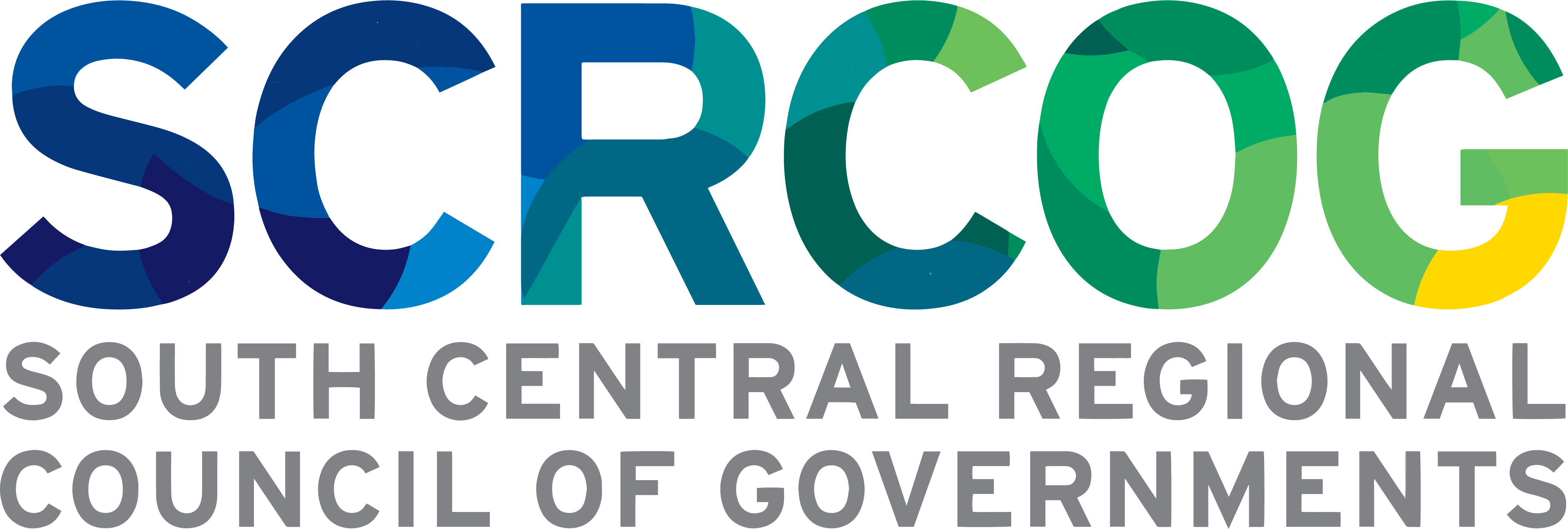Municipal Services
The South Central Regional Council of Governments (SCRCOG) is committed to developing regional programs that promote operational efficiencies and cost-savings. The municipal services program focuses on the areas of energy conservation, information technology and cybersecurity, grant writing and administration, procurement, and solid waste, recycling, food waste diversion, and municipal composting. Additionally, the Regional Purchasing Consortium functions as a supplemental procurement office and sponsors competitive bids and request for qualifications/proposals covering a wide range of products and services requested by member municipalities.
As part of the municipal services program, SCRCOG established Working Groups of municipal department heads and staff members with similar roles to foster greater collaboration within the region. The Working Groups meet to discuss regional opportunities, current issues, and best practices.
